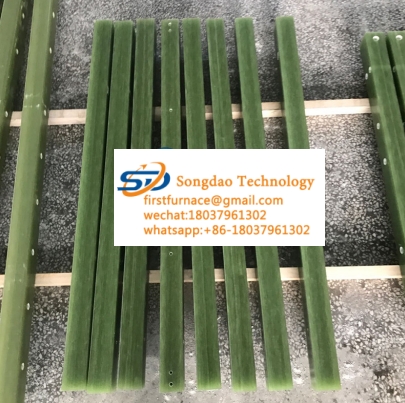- 16
- Mar
Thickness analysis of epoxy floor material
Thickness analysis of epoxy floor material
1. Epoxy floor: one of the most common epoxy floor materials, also called thin-layer epoxy floor. Because it is characterized by thinness, its coating is thin. The base coat is generally under 1 mm under construction, and the thickness of the project in recent years is mostly between 0.2-0.5 mm. The thickness of the surface layer is about 0.1 mm, which is very thin. Some people also use the spraying process for construction, which can reduce the thickness even more.
2. Epoxy mortar floor: its coating has a relatively high thickness. The mortar scraping coating used in the middle coating is carried out with a construction of 1-3 mm. The surface layer is the same as the general floor material construction process, and the thickness is kept at about 0.1 mm. The thickness of the total coating is kept between 1-10 mm.
3. Epoxy self-leveling floor material: It is also called flowing floor and epoxy self-leveling mortar floor. Because it is self-leveling, its thickness is higher than the previous two. It is common for the putty layer to be scraped at 1-3 mm. The surface layer is maintained between 0.7-1 mm under the condition of self-leveling, which is much thicker than the previous one. The total thickness of the coating is maintained at around 1.5-10 mm.
- Epoxy anti-static floor: a layer of conductive paths is added during its construction. Other construction methods are basically the same as ordinary floors. The total thickness is generally 0.2-0.5 mm, and it is recommended not to exceed 1 mm.

